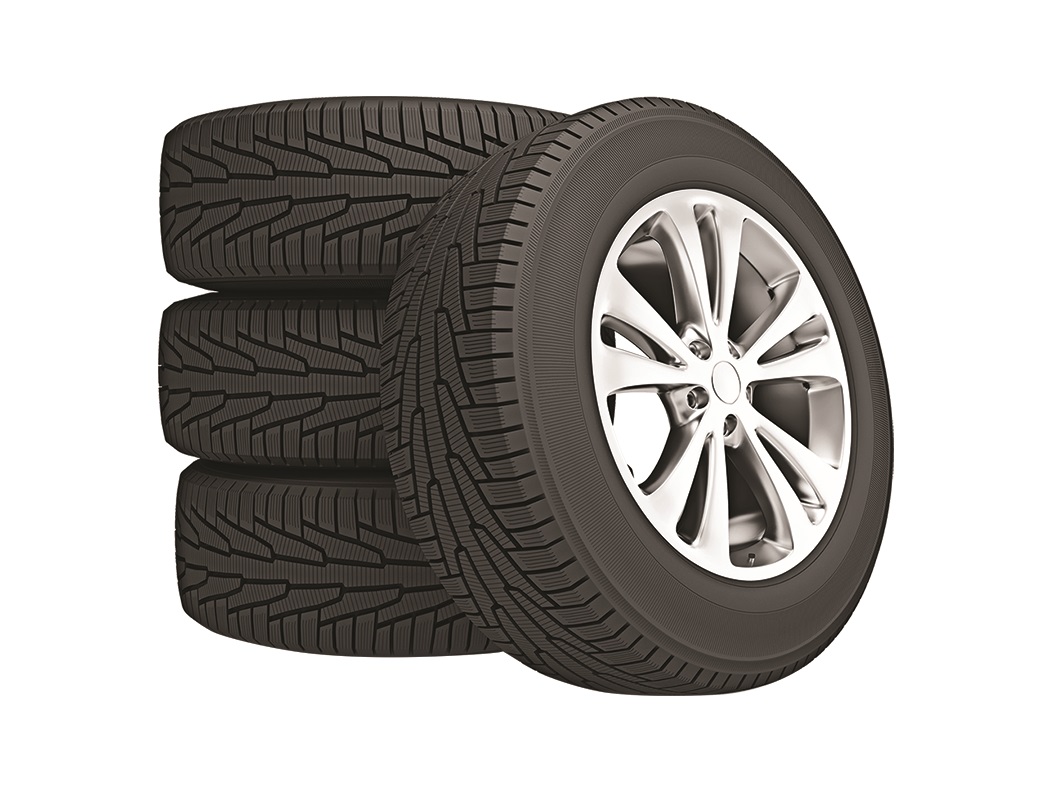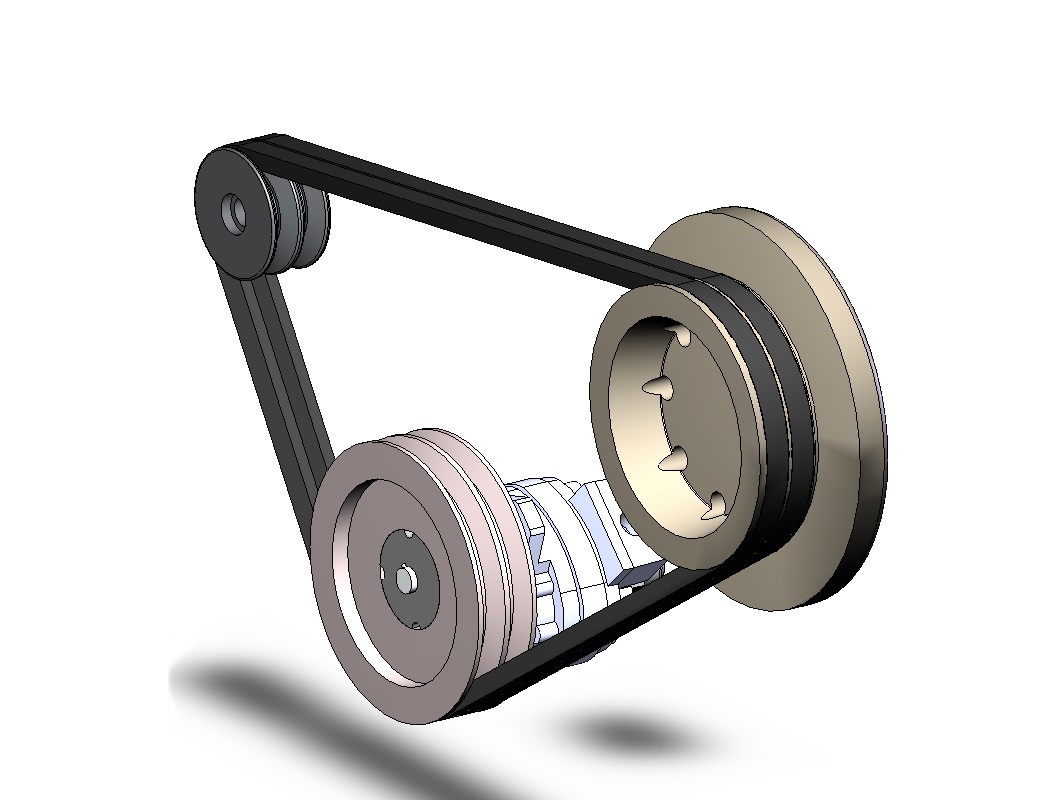Lifetime Parts: Fuel Filter
The primary function of the fuel filter is to filter the fuel, by remove dirt, grit, and other miscellaneous items that could clog your fuel operating system. On gasoline engines the filter is the size of a coke can and generally are in-line with the carburetor. On fuel-injected engines the filter is usually larger and has a finer filter element than those on carbureted engines. Consequently, they are usually more expensive.
On fuel-injected engines the filter is usually larger and has a finer filter element than those on carbureted engines. Consequently, they are usually more expensive. The filter may be located anywhere between the fuel tank and injector fuel supply rail or throttle body. On many cars, light trucks and minivans, the filter is located underneath the vehicle along a frame rail. On some, the filter is part of the electric fuel pump assembly inside the fuel tank. Both filter types should be changed per manufacturer recommendation.
A completely plugged fuel filter will stop your engine cold by choking off the flow of fuel to the carburetor or your fuel injection systems. The engine may not start, or it may start, then stall and die.
A partially restricted filter will usually pass enough fuel to keep the engine running at idle or low speed, but may starve the engine for fuel at higher speeds or loads. So your engine may run fine putting around town, but sputter and lack power when you try to drive at highway speeds or pass someone.
Replacing the fuel filter periodically (every year or so) for preventative maintenance can reduce the risk of filter related drivability problems. Most vehicle manufacturers, however, no longer specify a replacement interval for the fuel filter. Or, if they do it’s some incredibly long interval like once every five years or 50,000 miles. Many mechanics feel this is unrealistic. Waiting that long to change the filter is asking for trouble, especially if you drive on gravel or dirt roads, buy the cheapest gas, use gas with alcohol in it, rust in the tank or your vehicle is more than six or seven years old.
Fact: What’s the average lifetime replacement cost? Answer: $779.70-$1559.40Disclaimer Information: The above listed information is based on the average vehicle on the road today is 11.7 years; experiencing sever weather climate, and extreme driving conditions and driving habits. This is the opinion of Total Car Care Guaranteed For Life, Inc and you should always refer to your vehicle owner manual. Price estimation includes parts and labor cost to replace original replacement part.



